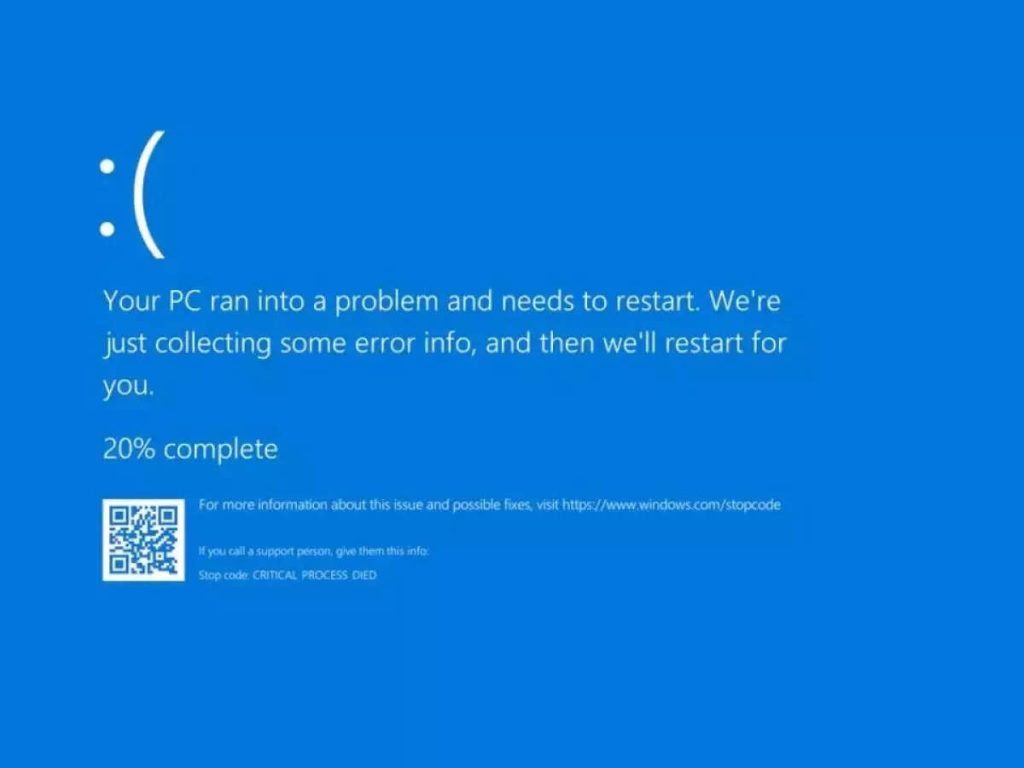By The Malketeer
Crisis Management and Reputation Protection
In an era where technology underpins nearly every aspect of our lives, last week’s Microsoft Windows outage serves as a stark reminder of our vulnerability to digital disruptions.
This incident, which affected everything from air travel, broadcasting, banking to healthcare systems, offers critical lessons for communication professionals in crisis management and reputation protection.
The Butterfly Effect of Tech Failures
What began as a seemingly routine update by cybersecurity firm CrowdStrike snowballed into a global crisis, paralysing Windows devices across various sectors.
This cascading effect demonstrates the interconnectedness of our digital infrastructure and the far-reaching consequences of even minor glitches.
As we witness the fallout, it’s clear that no organisation, regardless of size or reputation, is immune to such crises.
The incident underscores the need for robust contingency plans and effective communication strategies.
The Real-World Impact: Airlines in Turbulence
The true cost of this digital meltdown becomes painfully clear when we look at the airline industry.
Tan Sri Tony Fernandes, CEO of Capital A Bhd, didn’t mince words in a Linkedin post when he described the chaos caused by the outage.
“Tech companies have little empathy. After what we went through with the Covid-19, they had no sympathy (then). Now they have issues and expect us all to understand.
Well, I’m not going to. Airlines need answers and compensation.”
Fernandes’s frustration echoes a sentiment felt across industries: tech companies need to show more empathy and take greater responsibility for the fallout from their failures.
Preparedness: The Ultimate Shield
In the face of such unprecedented challenges, the importance of crisis preparedness cannot be overstated.
Companies must ask themselves: Are we ready for a sudden, large-scale disruption?
Do we have a clear communication plan in place?
The Microsoft outage serves as a wake-up call for businesses to review and strengthen their crisis management protocols.
It’s not just about having a plan; it’s about ensuring that the plan can adapt to the unpredictable nature of tech-related crises.
Transparency: The Currency of Trust
In times of crisis, honesty and transparency are paramount.
As the situation unfolds, affected companies must resist the urge to downplay or deflect.
Instead, they should focus on providing clear, consistent updates to all stakeholders.
While CrowdStrike’s apology was acknowledged, Fernandes pointed out a glaring gap: the lack of explanation from Microsoft.
This highlights the critical need for all parties involved in a crisis to step up and provide answers, not just apologies.
The Balancing Act of Crisis Communication
While the need for frequent updates is crucial, companies must also guard against over-communication.
In a rapidly evolving situation, the risk of spreading misinformation is high.
Striking the right balance between keeping users informed and avoiding premature conclusions is a delicate but necessary task.
Learning and Growing from Crisis
Despite the chaos, Fernandes reiterated the importance of learning from the situation.
As AirAsia’s operations at KLIA Terminal 2 began to stabilise on the second day, the airline remained vigilant.
This approach underscores a crucial point: every crisis, no matter how severe, presents an opportunity for growth and improvement.
Looking Ahead: Reputation in the Digital Age
As the dust settles, Microsoft and other affected companies face the daunting task of rebuilding trust.
This incident highlights how fragile corporate reputations can be in our interconnected world.
For communication professionals, this crisis offers valuable insights into managing reputation in an age where a single software update can have global repercussions.
It emphasises the need for agility, transparency, and foresight in crisis communication strategies.
The Call for Accountability
Fernandes’s demand for answers and compensation from tech companies marks a shift in the power dynamic.
It’s a reminder that in our interconnected world, the consequences of technological failures extend far beyond the tech sector itself.
As we move forward, there may be growing pressure for tech giants to not only fix problems but also to compensate for the widespread disruptions they cause.
The Microsoft outage serves as a sobering reminder of our digital dependencies and the critical role of effective communication in navigating tech crises.
As we move forward, let this incident guide us in fortifying our crisis management approaches, ensuring we’re prepared for the unexpected in our increasingly digital world.
The call for greater empathy, transparency, and accountability from tech companies may well shape the future of crisis management in the digital age.
MARKETING Magazine is not responsible for the content of external sites.











